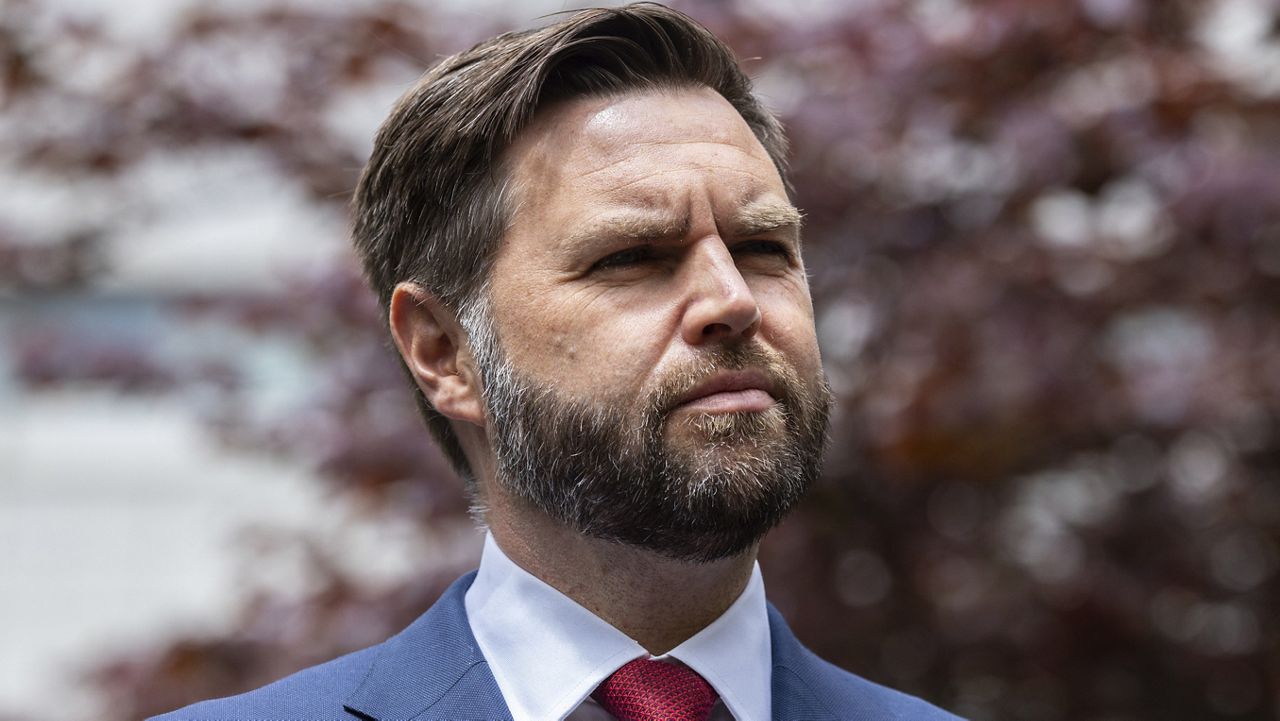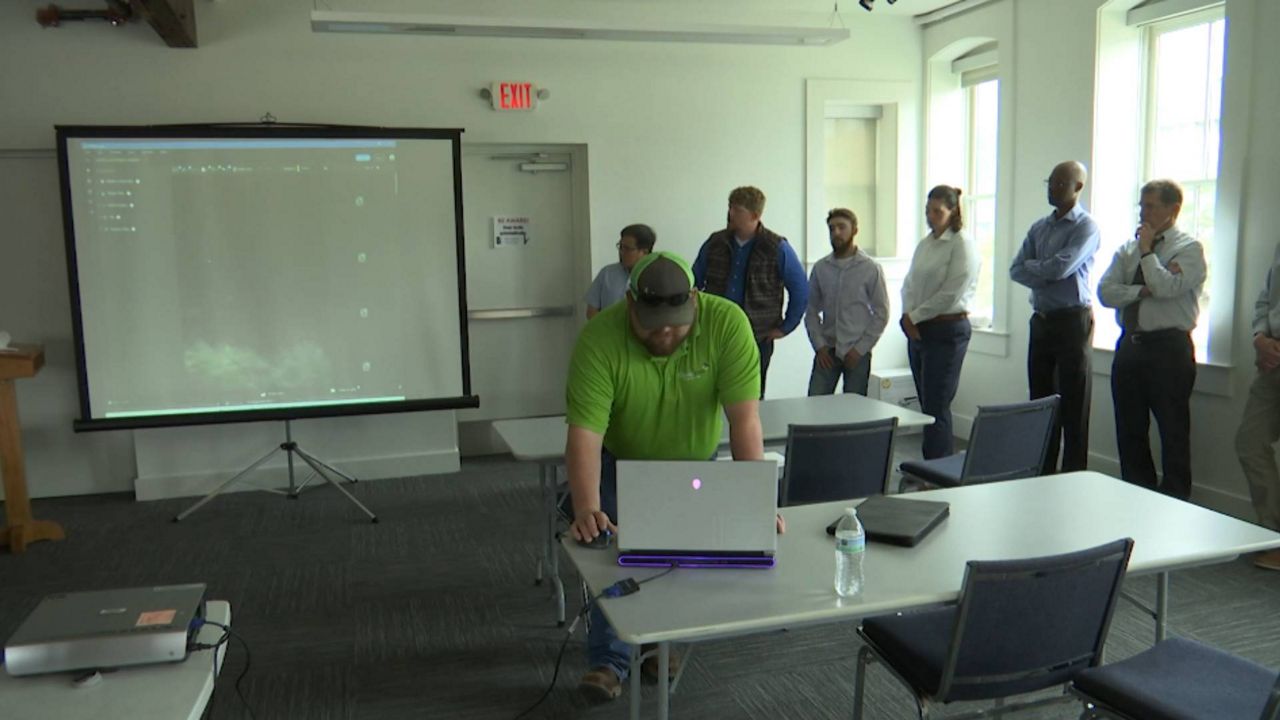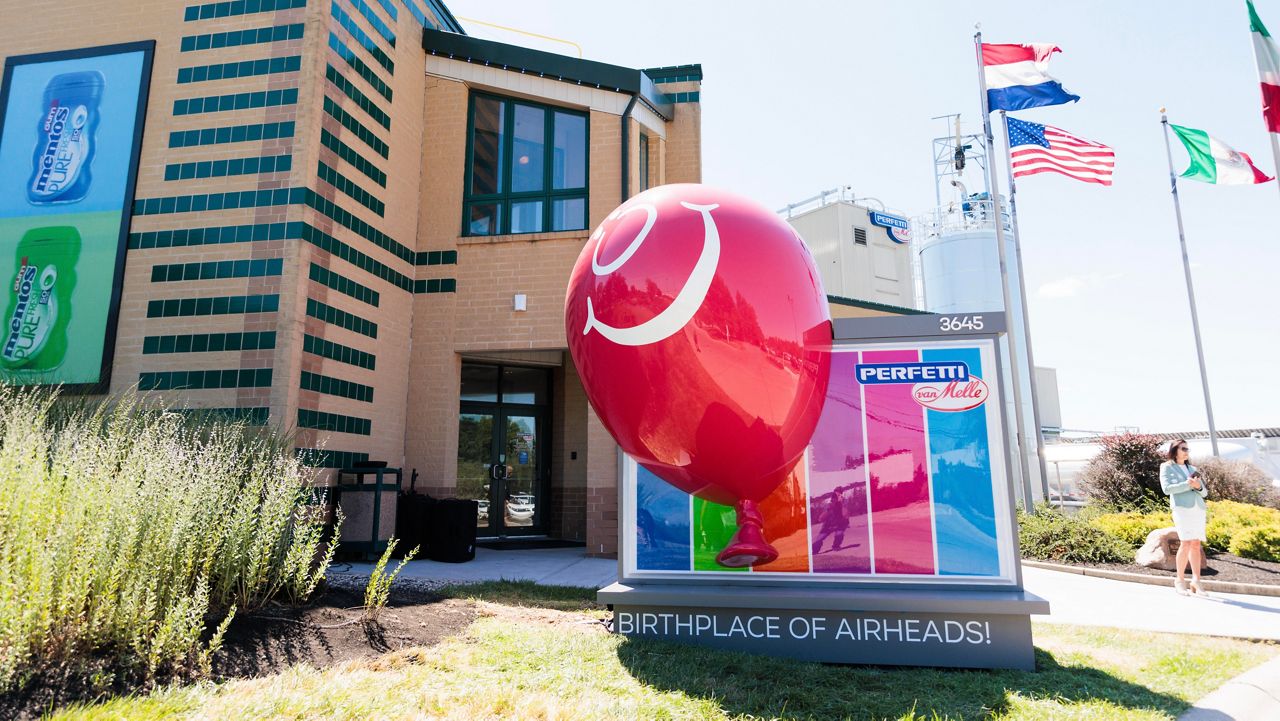FLORENCE, Ky. — The city of Florence became the latest in Kentucky to leave whether medical cannabis businesses will be allowed to operate within city limits up to voters.
Discussions on how to handle medical cannabis are ongoing around the state, as it’s set to become legal on Jan. 1, 2025.
Spectrum News 1 spoke to a man who hopes to be one of the first to open a medical cannabis dispensary in northern Kentucky.
Douglas Cox said he hasn’t always been a cannabis advocate. But when his younger brother Joe was diagnosed with epilepsy in 2012, cannabis changed his life, and changed Cox’ perspective.
“The doctor said, look, you might find some relief with cannabis. That was in 2012, and he hasn’t had a seizure in 12 years,” Cox said.
In the years since, Cox and his brothers became inspired to start a medical cannabis business, The Blazed Leaf.
“What we would like to do is allow access for all Kentuckians to safe and verified medical cannabis.”“The three of us are not only passionate about being advocates for cannabis, but we’ve seen firsthand what it can do for people,” he said. “What we would like to do is allow access for all Kentuckians to safe and verified medical cannabis.”
They’ve gone into full gear ever since the law making medical cannabis legal in Kentucky was signed by Gov. Andy Beshear, D-Ky., last March.
While it goes into effect in January, Cox is trying to do everything he can to be awarded a dispensary license in the meantime.
“We have been on the ground, hitting the ground running, making sure we get as many of our ducks in a row,” he said. “This entire process has been kind of, I don’t want to use the term stressful, but definitely frustrating. Right now, with the cities still having the opportunity to opt in or opt out, we kind of are still in limbo.”
Each city is responsible for coming up with its own regulations for whether businesses will be allowed to sell medical cannabis in that city.
If a medical cannabis business receives a license and starts operating in a city before that city decides to opt out of medical cannabis, that business will be grandfathered into the state program and be allowed to continue operating.
“If I lease the property, come October when the licensing guidelines will be issued and awarded, if for some reason our establishment isn’t awarded an actual medical cannabis license to dispense, and our location is in Crescent Springs, and they choose to opt out of that program, the state program will work with our business to help us find or locate into an area that will actually opt into the program,” Cox said. “We may find what we think is the perfect location and then come July or even possibly January first, cause they really have until January first to opt out or opt in, yeah that could be quite the conundrum for us. But we’re willing to navigate through that market.”
He said he would love to open a dispensary in his hometown of Florence.
On Monday, June 18, the Florence City Council unanimously decided to leave the decision up to voters on the November ballot. City Councilman Mel Carroll gave some of his reasoning why.
“It helps a good number of people. If you know someone who has benefited from medical cannabis, or a family member, and they can get relief from that, that’s a good thing,” Carroll said. “That’s my thought. Other thoughts are that maybe we shouldn’t have this type of opportunity in our community and other communities. So that’s why I was very comfortable to put it on the ballot and let the people of Florence decide if they want this type of product in their community.”
Cox said he might not be able to wait for voters. One of the requirements for obtaining a license is having a lease for a building to operate out of in place. The application window opens July 1, so he’ll be looking in cities around northern Kentucky for potential locations.
“The application process is pretty strenuous as well. It’s very competitive when it comes to the requirements the state is asking of each business owner,” Cox said. “We’re hoping that will help push some of the opportunists out the window, and really give us the opportunity to get into a market where the players that matter, or the people that matter, are going to build the market here in Kentucky.”
Just 48 dispensary licenses will be divided by 11 regions through a lottery process. The northern Kentucky region is expected to receive four.
Cox said he’s very hopeful to be one of them, but if not, it won’t be the end of his journey to provide Kentuckians access to medical cannabis.
If a medical cannabis business receives a license and starts operating in a city before that city decides to opt out of medical cannabis, that business will be grandfathered into the state program and be allowed to continue operating.










